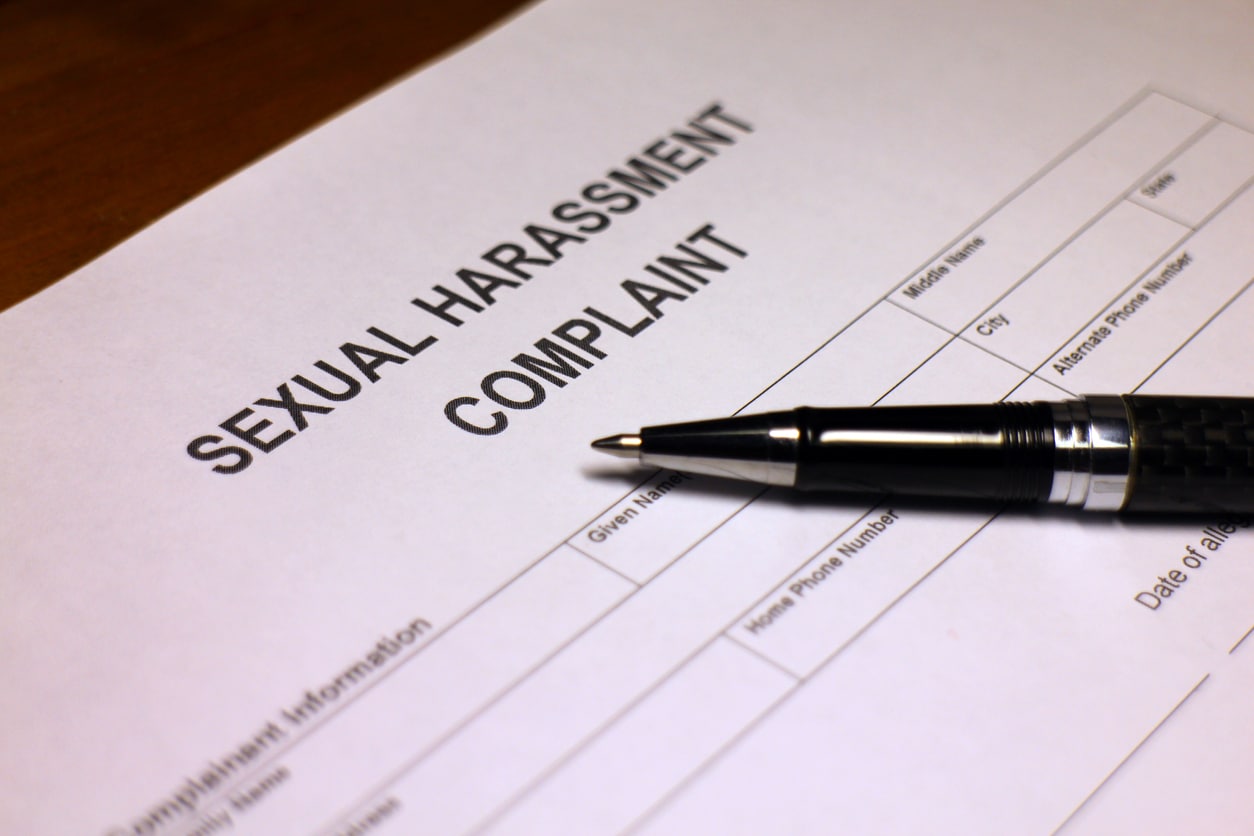Is Zoombombing Illegal Sexual Harassment?
Millions of American workers have found themselves suddenly working from home in the wake of COVID-19. Zoom and other video conferencing applications are a crucial part of that unexpected transition. However, vulnerabilities in the app’s security have exposed students, employees and others to pornography, hate speech, and other offensive imagery. This raises the question: is Zoombombing illegal sexual harassment?
What is Zoombombing?
Imagine you are 15 minutes into a meeting with your team at work. You are all working from home to avoid spreading Coronavirus, so you are all participating through Zoom or another web-based video conferencing application. It’s a big meeting, with lots of people on the call. Suddenly, an anonymous user shares their screen, exposing all the other participants to graphic pornography and hurtful racial slurs.
This is “zoombombing.” A term coined in the early days of America’s pandemic response, zoombombing is a new form of harassment where uninvited users hijack video calls and spread hurtful words, music, and imagery. Zoombombers have hit everywhere, from an Alcoholics Anonymous meeting in New York, to a city commission’s meeting in a small city in Michigan. It has affected schools and companies across the country, and quickly became so severe that the FBI issued warnings against it.
Zoombombing takes advantage of security vulnerabilities within the app, including a lack of encryption, privacy controls, or even passwords. Often, the Zoombombers obtained links to private conference calls online, through social media. Zoom has hurried to close these gaps in its security and educate users on options available within the app. However, many of the same built in “features” that allow teams to collaborate and work efficiently also create opportunities for racial and sexual harassment within the virtual workplace.
Is Zoombombing Illegal Sexual Harassment?
The FBI’s warning said that teleconference hijacking was a cyber-crime and seemed to suggest that racially motivated statements and images might be hate speech. But what about when the imagery is sexual? Could Zoombombing rise to the level of illegal sexual harassment?
Remember, under Title VII of the federal Civil Rights Act, unwanted sexual comments, jokes, and imagery can amount to sexual harassment if they are so serious or happen so often that they create a hostile work environment where a reasonable person would feel uncomfortable working.
State and local laws, including the New York Human Rights Act also protect against unwanted sexual jokes, imagery, verbal harassment, or requests for sexual favors. When employees, contractors, or even customers cross the line, employers are required to take reasonable steps to respond to employee complaints and stop the sexual harassment.
This means it is appropriate for employees who are offended by the conduct to complain to their supervisors or HR departments. Federal law requires employers to respond to such requests. Where the Zoombomber is another employee that could include disciplinary action or even termination of the offending employee. But what about when the Zoombombing comes from outside the organization?
Can Employers Stop Unwanted Sexual Imagery on Video Conference Calls?
Zoom and its competitors are hurrying to put security measures in place to make it harder for outsiders to crash your company’s video conference. However, many of these efforts will only help if your employer implements them for your virtual workspace. Employers who receive complaints of sexual imagery or comments in their video conferences should:
- Make video conferences private by invitation only
- Set passwords for entry that are distributed separately from the video conference links
- Enable waiting rooms and empower meeting facilitators to control who enters the meeting
- Disable screen share, virtual backgrounds and annotation features for attendees
- Mute participants except during open discussions
- Establish and enforce company policies about customers’ language and imagery during discovery calls
- Offer training to meeting hosts about how to quickly mute, remove, and ban disruptive users from video calls
Zoombombing has gotten significant media attention since Coronavirus has caused employees to work from home. But that doesn’t mean your employer is even aware of the problem. In cases like this where technology is changing faster than policies, often a well-placed complaint can result in change and resolve what would otherwise become a hostile work environment. If your employer refuses to take reasonable steps to prevent Zoombombing, it could mean you are facing illegal sexual harassment, and you may have the right to take the matter to the federal Equal Employment Opportunity Commission, the New York Human Rights Commission, or file a lawsuit in court.
At Eisenberg & Baum, LLP, our experienced gender discrimination and sexual harassment attorneys have seen all different forms of sexual harassment — even online. We know when to file a claim and how to work with employers trying to navigate uncharted territory of virtual workspaces. We can help you advocate for anti-harassment policies, or file a claim when your complaints go unheard. Contact us to schedule a consultation at our office in New York City, or over the phone.











